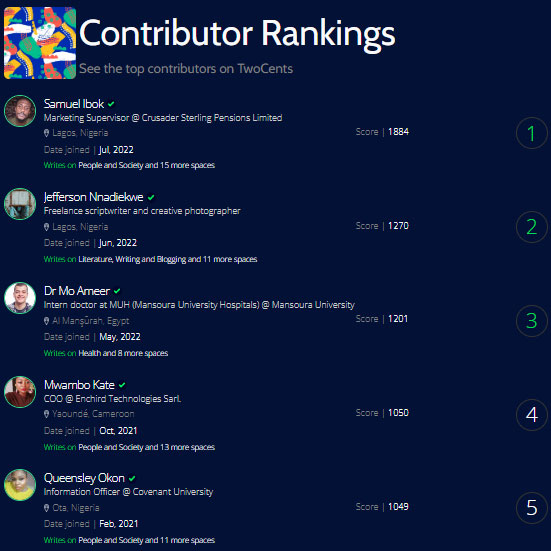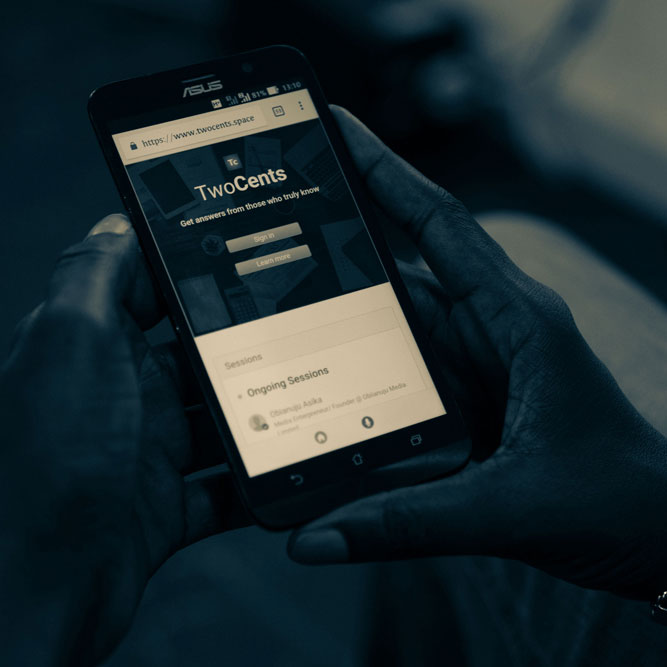
TwoCents
What could ‘African solutions’ possibly be in an increasingly globalized era?
After the 1945 end of the Second World War, the Cold War polarized the world into the East (Second World; communist; Warsaw Pact) and West (First World; capitalist; NATO). At 1945, the majority of today’s ‘developing countries’ were the ‘Third World’, who came together in the Non-Aligned Movement (NAM), designed to take no sides in the Cold War. Yet, Nkrumah’s ‘neocolonialism’ meant that NAM countries were at the mercy of the aggressive capitalist, former colonizer, First World countries, what with their political elites being products of the colonial system.
The Cold War’s collective security raised temperatures, but also deterred the crossing of the Rubicon. Thus, the major Cold War protagonists – USA and USSR, later Russia – have avoided each other, merely fighting smaller proxy wars.
Meanwhile, the UN has been conscious that want – poverty, can fuel instability and war, as do cross border disagreements. Thus, against the backdrop of the UNIVERSAL Declaration of Human Rights (1948), UN peace keeping has focused as much on improving human welfare; hence the Millennium Development Goals (2000-15: MDG) and Sustainable Development Goals (2015-30: SDG). MDG 8 and SDG 17 are about global technical and financial cooperation over the other seven MDGs and 16 SDGs. Thus investing in human welfare for peace and development is a global responsibility.
But the UN has also focused narrowly on conflict via the Security Council, and through the Secretary General’s UN Peace Keeping Forces (UNPKF) – the Blue Berets. Countries volunteer soldiers for specific engagements, six of the current 12 being in Africa. In 2004, Sudan objected to UNPKF in Darfur, and in the context of AU’s strategic Silencing the Guns by 2020, the UN Security Council approved the African Union Mission to Sudan in Darfur, eventually replaced by a UNPKF mission in 2007. The AU’s other peacekeeping initiative is AMISOM – Somalia, launched in 2007. The nine-country AMISOM has been funded by the UN, AU, and controversially by EU. The two examples illustrate that African initiatives are not that African.
Beside UN’s general endeavour for
peace, the AU initiatives are driven by the knowledge that failed states become
breeding grounds for civil war, terrorism and other unrest. Thus even though
the peacekeepers have been African soldiers, the weight behind the initiatives could not sustainably be African.
Some of the nine countries contributing AMISOM forces have indeed threatened to, or actually withdrawn some forces because EU reduced the monthly stipend from USD 1,000 pm to USD 800 pm. That smacks of mercenarism rather than a bona fide commitment to a cause.








































Comments